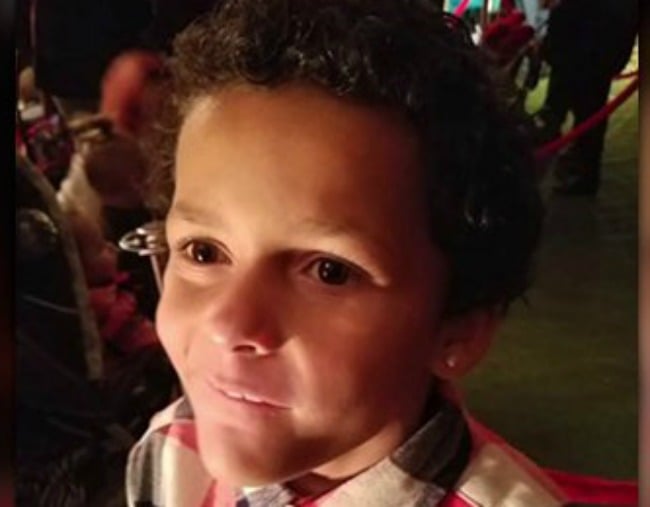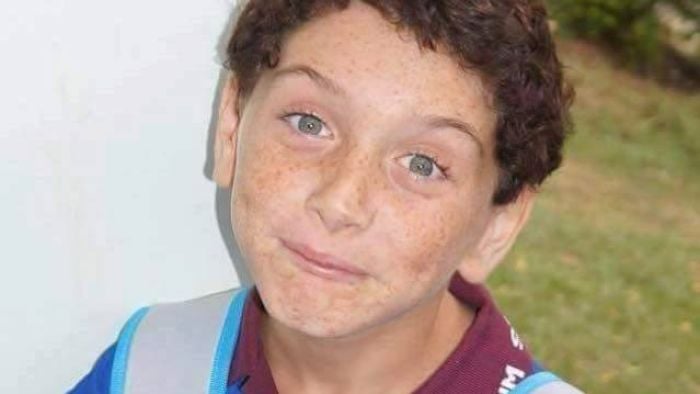
Content warning: This article discusses suicide. If you or a loved one is struggling, support is available at Lifeline on 13 11 14.
Just weeks ago, Leia Pierce was in the car with her nine-year-old son when he became visibly anxious.
Jamel Myles, who started Year Four this month, had decided to tell his mother he was gay.
“He looked so scared when he told me,” Pierce told KDVR. “He was like, ‘Mum, I’m gay.’”
“I thought he was playing, so I looked back because I was driving, and he was all curled up, so scared. And I said, ‘I still love you.'”
During this conversation, Jamel also said he would rather dress like a girl than a boy.
Shortly after opening up to his mother, Jamel was due to return to school after his summer break. He told Pierce he was going to tell people about his sexuality because “he [was] proud of himself”.
But four days into the school term, on Thursday, August 23, Jamel was found dead in the family’s Colorado home. A coroner’s report released on Monday confirmed the death was a suicide.
Pierce believes bullying from Jamel’s peers contributed to his death.
According to Pierce, Jamel had shared with his older sister that “kids at school had told him to kill himself,” but he didn’t seek help from his mum.
“Four days is all it took at school,” she said. “I could just imagine what they said to him.”





























































































